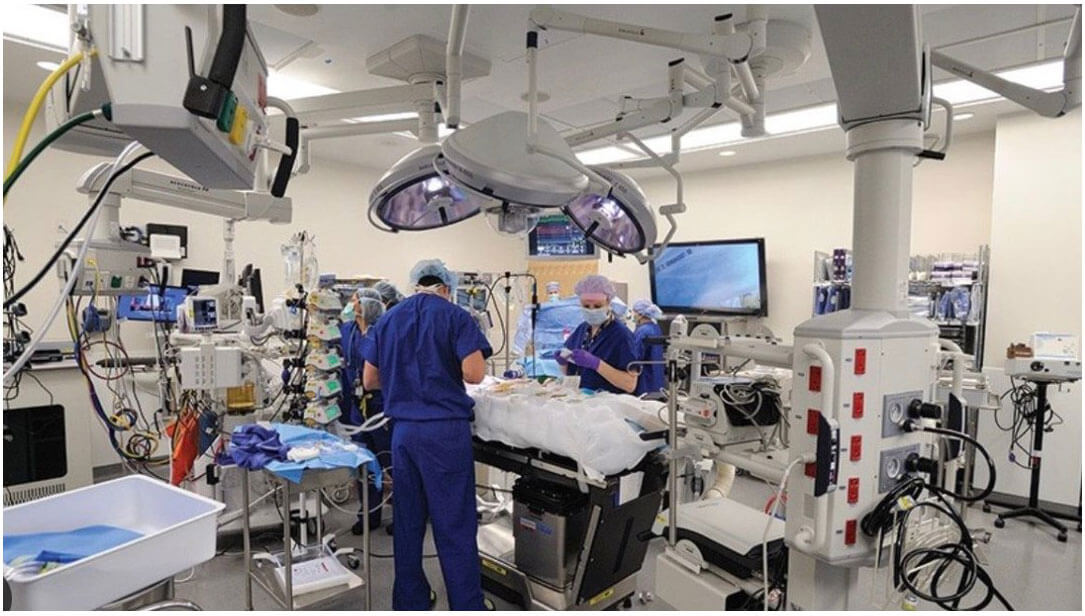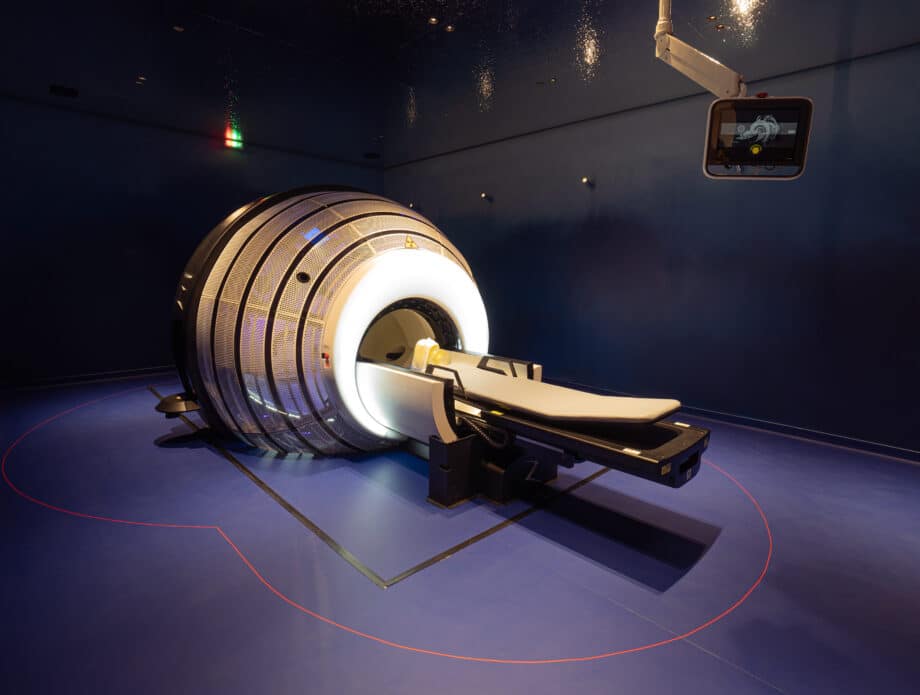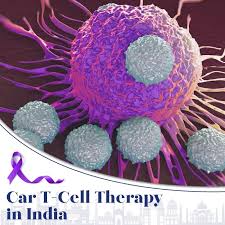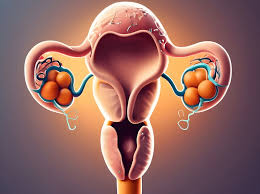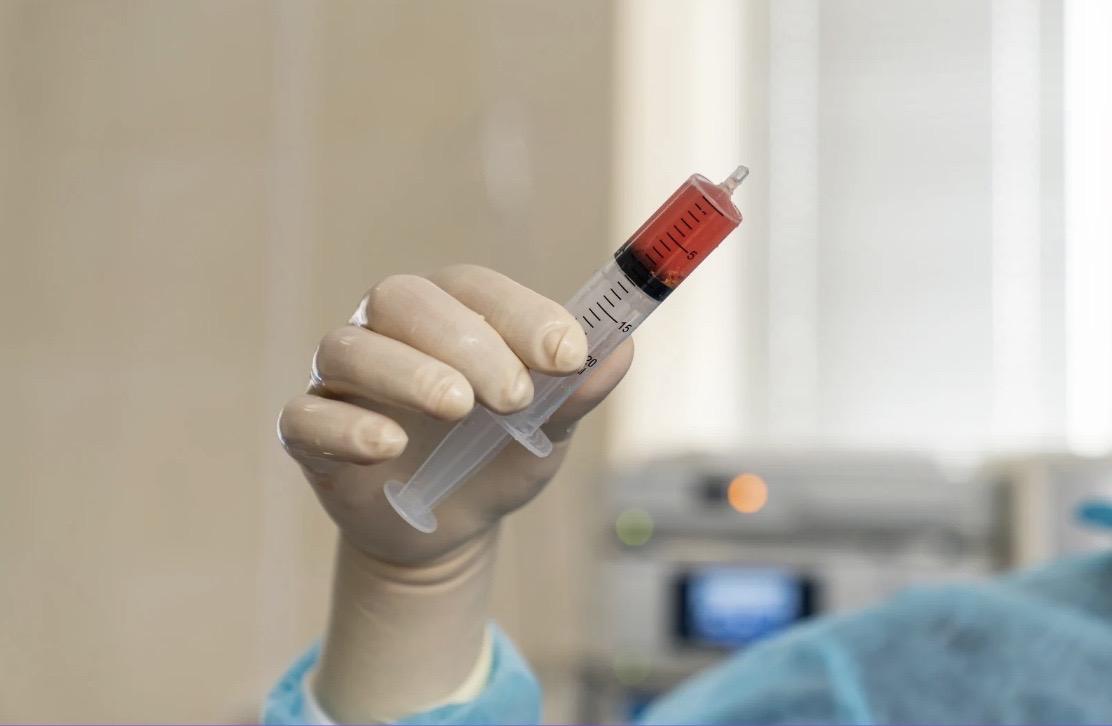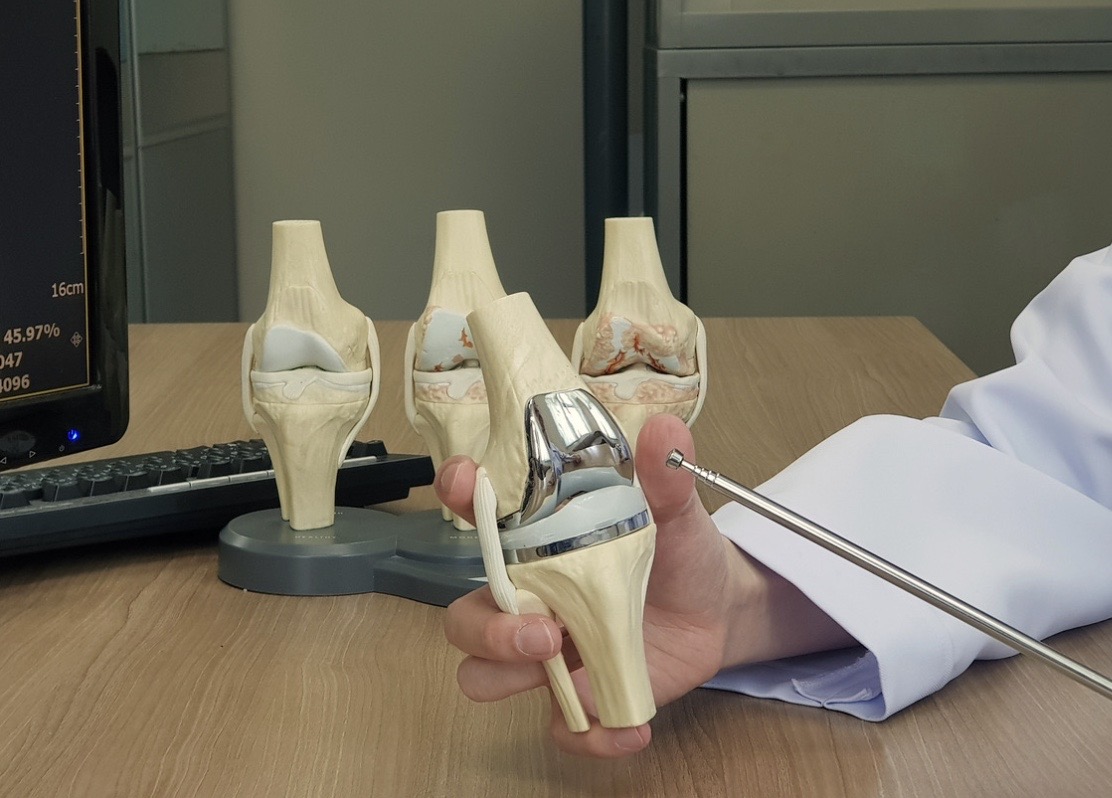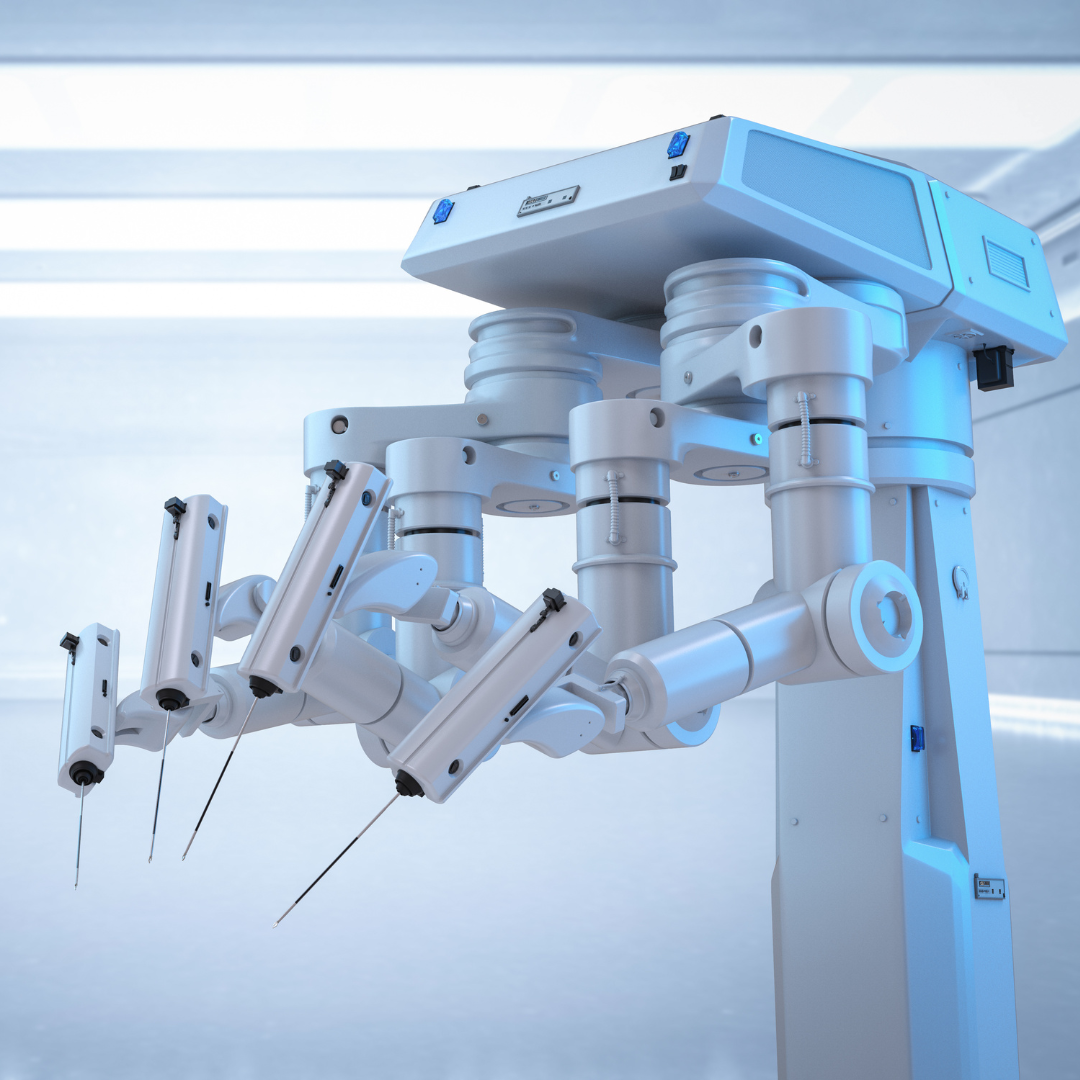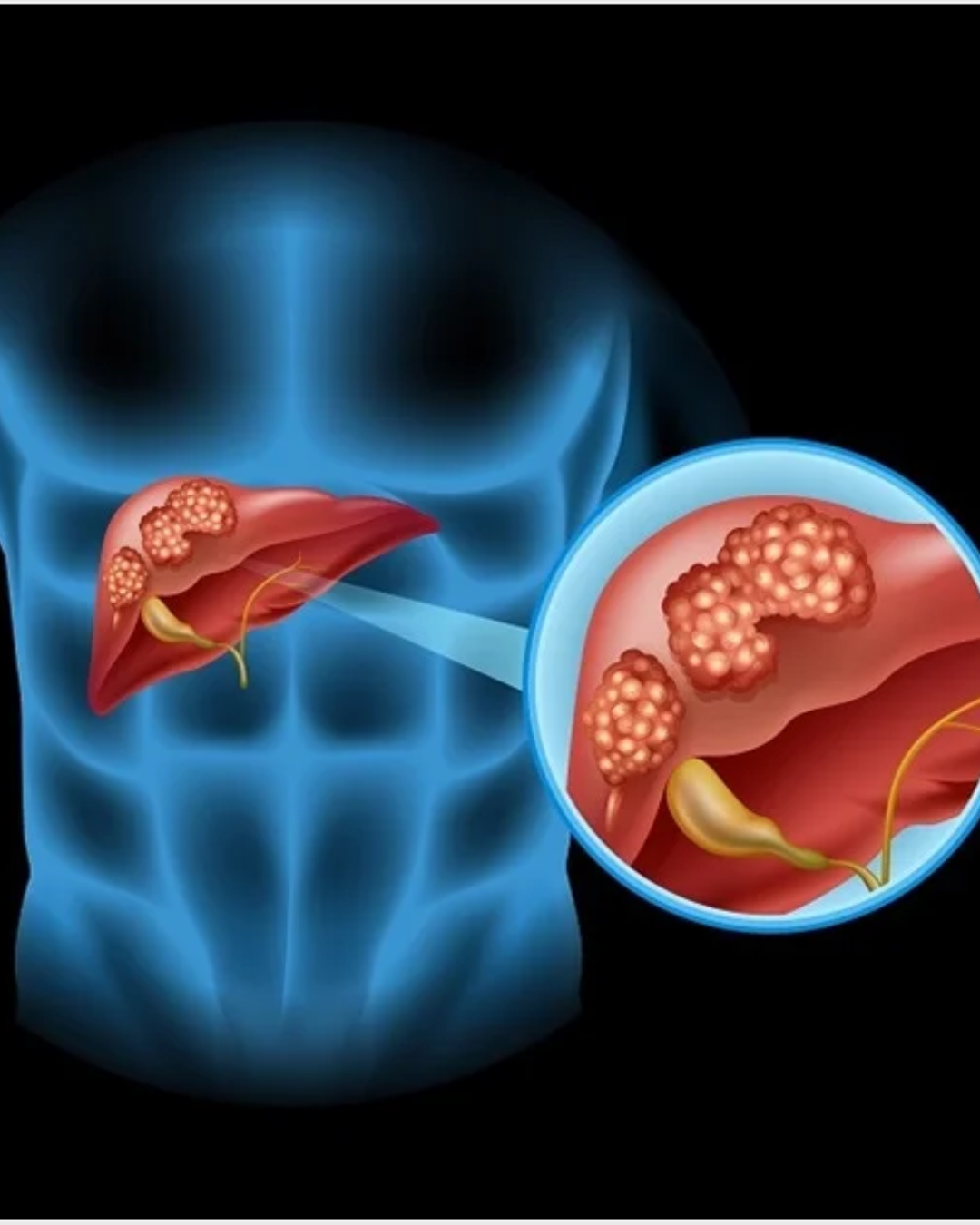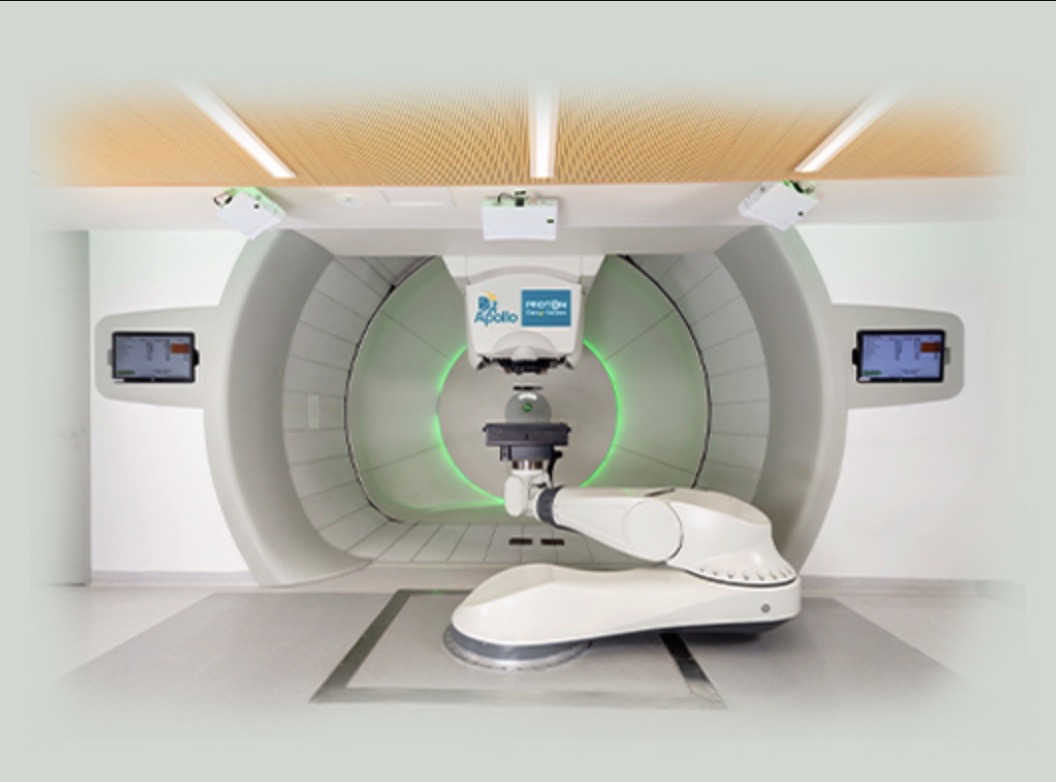
Understanding Proton Therapy: A Comprehensive Guide to Treatment in India
In recent years, cancer treatment has undergone some truly remarkable breakthroughs, and among them is proton radiation therapy. This is high-energy proton radiation therapy, the most cutting-edge of radiation treatments, using protons targeting cancer cells with precision to spare healthy tissue. Proton radiation therapy is a sought-after cancer treatment for patients who are looking for an effective and less invasive way to treat their cancer. This is a much better cancer treatment than what we have available today for patients looking for good options for getting rid of their cancer.
How Proton Radiation Therapy Works
Proton radiation therapy uses positively charged particles, called protons, rather than X-rays, as traditional radiation therapy does. Here’s a step-by-step explanation of the process:
Proton Generation: A particle accelerator accelerates protons to high speed.
Precise Targeting: Directing of these protons to the tumor is provided. This unique property of the shaped beam, known as the Bragg peak, enables them to shed energy at the tumor without damaging surrounding healthy tissues.
Treatment Planning: The tumor’s size and location are mapped using advanced imaging techniques, such as CT, MRI, and PET scans.
Treatment Delivery: Specialized equipment places patients with the proton beam delivered according to the tailored plan. Sessions are spread out, usually over multiple weeks, and last 30–60 minutes.
Proton Radiation Therapy Benefits
Enhanced Precision: Delivery of this radiation to a tumor rather than surrounding tissues reduces exposure to surrounding tissues.
Reduced Side Effects: Patients, especially children, tend to have fewer effects than traditional radiation therapy.
Ideal for Complex Cases: This method is effective at treating tumors near critical organs, or in places as difficult to access as the brain and spinal cord.
Improved Quality of Life: Proton radiation therapy is a treatment for patients who have minimal side effects after treatment and can often report better post-treatment well-being.
Traditional Radiation Therapy vs. Proton Radiation Therapy
Precision: Proton radiation therapy and both kinds of targeted therapies attack the tumor, but the proton treatment sends radiation directly to the tumor site with extreme accuracy and without harming surrounding healthy tissues.
Suitability: The technique is especially useful for pediatric cancers, tumors near critical structures, and re-irradiation cases. Whereas traditional radiation therapy does more and its side effects tend to be more broad.
Who Can Benefit?
Children: As the developing organs of pediatric patients are kept protected from unnecessary radiation, they gain a significant advantage.
Patients with Critical Tumors: They are prime candidates if you have a brain tumor, or spinal tumor, or if your cancer is located near vital organs.
Those Seeking Fewer Side Effects: Conventional methods used for treating prostate cancer often worry patients about the long-term risks; therefore, proton radiation therapy often appeals to patients who are concerned about long-term risks.
Emerging Treatments: CAR T-Cell Therapy
Alongside proton radiation therapy, CAR T cell treatment is becoming an exciting new treatment. Personalized immunotherapy involves introducing the patient’s T cells, and making them attack and destroy the cancer cells, holding promise for some cancer types. The fact that India boasts advanced therapies at the best cancer hospitals says it all about the leadership India has shown in the provision of state-of-the-art cancer care.
Proton Radiation Therapy in India: Cost and Accessibility
India has turned into its own hub for the latest cancer treatments and some of the best cancer hospital in India provide proton radiation therapy. Hospital and treatment specifics determine this range of costs typically between INR 10–20 lakhs. This complete fee covers consultations, imaging, treatment sessions, and follow-up care, providing readily available and holistic cancer care for patients.
Conclusion
This revolution in cancer treatment comes in the form of proton therapy, which supplements high precision, fewer side effects, and better results at a time when many standard cancer treatments struggle to deliver. India’s healthcare institutions are redefining cancer care standards and coupled with innovative therapies like CAR T-cell treatment are redefining standards in the treatment of cancer: If you are looking for the most advanced solutions you are seeking advice from the best cancer hospital in India at first step ultimately leads towards betterment.


